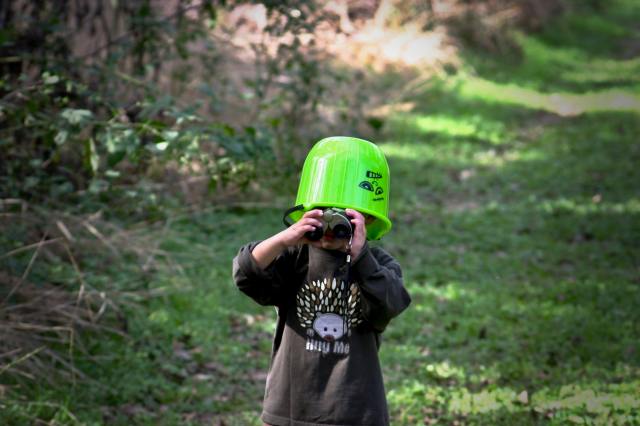
Every family has its traditions, whether that means barbecues with the neighbors, trips to visit the grandparents, or day trips to the pool and the beach. This summer, of course, is going to look different—a lot different—even if your family spends a lot of time outdoors.
The good news is that even though the virus is spiking, you don’t have to say goodbye to summer fun altogether. You might need to change your plans a bit, but you can still have lots of fun together and enjoy the warm weather. You might even make some great new traditions!
Here are some tips for activities you can safely add to your plans for this abnormal summer vacation. I have tried all of these and personally loved them all!
1. Establish a Family Hobby: One great way to have fun together as a family this summer is to pick up a new hobby you can all practice together. Regardless of your budget and space constraints, there’s something you can all learn together. You could learn to draw, play instruments, do yoga, bake, or anything else you can think of!
Make a list together and figure out what the common interests are. Then, get some basic supplies, some how-to books or YouTube videos, and give it a go! Remember, it’s all about fun and spending time together, not about the results!
2. Take a Family Trip to a National Park: Road trips are the way to go this summer, especially if you can camp and minimize your contact with other people. Consider packing everyone in the car and heading to a national park for jaw-dropping scenery and wholesome family fun. You can hike, picnic, and maybe even spot some wildlife.
Before you hit the road, though, be sure to do your homework. Some parks are still closed, and others may not be offering certain facilities during the pandemic. Beyond COVID-19, though, you need to be aware of national park safety guidelines and pack carefully for your trip. Don’t forget to bring comfortable shoes and take lots of pictures!
3. Family Meditation Sessions Can Be a Great Way to Relax: With all the stress of the pandemic, it’s easy to feel tense and anxious. If you’re feeling that way, then the rest of your family probably is too! Consider a new meditation practice for the family and help everyone to relax this summer.
Meditation has a wide range of benefits for people of all ages. Why not start a tradition of meditating together every day? You can start small, with just a few minutes, and slowly build up the duration. It will allow the whole family to unwind and to feel more centered throughout the turmoil of COVID-19.
4. Eat Your Way Around the Globe: If you can’t safely get away for a vacation, why not turn your kitchen and dining room into an adventure? Cook together as a family and try different dishes from around the world. You can even put up decorations and make menus to help create a special meal.
Explore and learn about different cultures as you help your kids understand new perspectives and practical cooking skills. It’s a great way to celebrate the diversity in our world, plus it’s delicious!
5. Get Creative: There are so many options for fun and safe summer activities you can enjoy with the family. You just have to get creative! Remember, there will be other summers for exploring the world, visiting museums, and going to camp. This summer, enjoy being together and savor the simple pleasures.
Take the Time to Understand the Impact of COVID on Kids
Just about everyone is struggling right now. We’ve been restricted to our homes for many months, haven’t been able to see friends, and have been dealing with the stress and mental toll of a global pandemic. Kids might not express their distress in the same way, but parents need to understand that their children are struggling too.
In addition to stressors like the changes in their routines, new restrictions, and changes in how they learn, kids are paying attention to what their parents are going through. If COVID has caused a loss of income in your family and increased your responsibilities, then you might be unintentionally passing on your stress to your kids. You don’t have to pretend to be relentlessly cheerful, but it’s important to understand how all of these factors affect your family.
Try to focus on activities that bring the family closer together, activities that will help your children feel secure and loved. Vacations are great, but they’re not going to make or break your kids’ well-being.



















